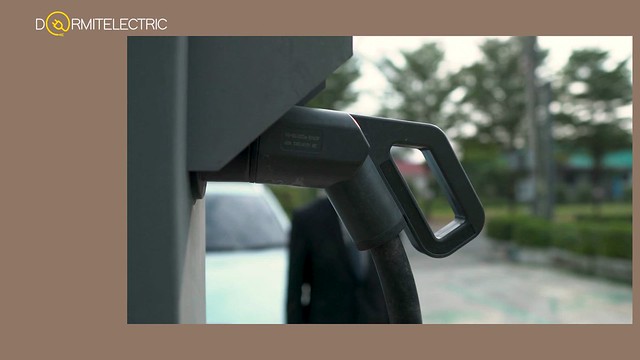Household Power System for Residential Energy: A Comprehensive Review
Introduction:
The demand for a

reliable and efficient power system in households has soared with the increasing dependency on electronic devices. To cater to this need, manufacturers have introduced the concept of Household Power Systems. In this article, we will explore the manufacturing process, features, advantages, usage methods, and tips to select an ideal product for your home.
Manufacturing Process:
The Household Power System is primarily composed of an internal power Internal power supply system supply system integrated with an in-house electrification setup. The heart of this system lies in Lithium Ion Battery technology. Manufacturers source high-quality Lithium Ion Batteries from certified suppliers worldwide to ensure safety and performance standards are met.
Features:
1. All-in-one Solar Battery System: A key highlight of the Household Power System is its integration with solar panels. This allows users to harness renewable en

ergy and reduce reliance on traditional electricity grid In-house electrification system s.
2. Intelligent Charging Technology: These systems come equipped with intelligent charging algorithms that ensure a fast yet safe charging process.
3. Backup Generator Compatibility: Some models offer compatibility with backup generators as an additional fail-safe option during extended power outages.
4 Household Power System . User-Friendly Interface: To ensure ease of use, manufacturers design these systems with user-friendly interfaces that display crucial information such as battery status and available runtime.
Advantages:
1. Cost Savings: By utilizing solar energy instead of solely relying on grid-generated power, households can significantly reduce their electricity bills over time.
2. Environmental Friendliness: The incorporation of renewable energy sources contributes towards lowering carbon dioxide emissions and curbing climate change impacts.
3.Improved Reliability: With a robu Household Power System st lithium-ion battery at its core, these systems provide uninterrupted backup power during blackouts or emergencies.
Usage Methods:
To utilize a Household Power System effectively,
1.Connect the solar panels to your household electrical circuits through an appropriate charge controller unit specifically designed fo Residential energy system r residential use;
2.Ensure the system is connected to the main electrical supply to allow seamless switching between renewable energy and grid power when needed;
3.Test the backup capabilities periodically by simulating a power outage to ensure reliable performance during emergencies.
How to Select an Ideal Household Power System:
1. Assess Your Energy Consumption: Consider your household’s energy consump all in one solar battery system tion patterns and select a system with an appropriate battery capacity that meet Lithium Ion Battery s your requirements.
2. Quality Assurance: Check for certifications from reputable testing agencies, ensuring compliance with safety standards.
3. Consult Professionals: Seek advice from solar energy experts or electrical engineers who can provide personalized recommendations based on your specific needs and budget constraints.
4. Read Product Reviews: Utilize online platforms dedicated to reviewing domestic power systems, as they often contain valuable insights from real

-life users.
5. Warranty and After-Sales Support: Ensure that the manufacturer provides adequate warranty coverage and reliable technical support.
Conclusion:
The Household Power System offers a practical solution for modern households seeking uninterrupted power supply while promoting sustainability efforts through renewable integration. With its manufacturing process focusing on Lith Lithium Ion Battery suppliers ium Ion Battery technology, comprehensive features like solar compatibility, intelligent charging algorithms, and environmental advantages make it an attractive option for homeowners worldwide. By following usage guidelines and selecting a system tailored to individual needs, households can enjoy cost savings, improved reliability, reduced carbon footprint – all while being prepared for unexpected blackouts or emergency situation Household Power System s.
